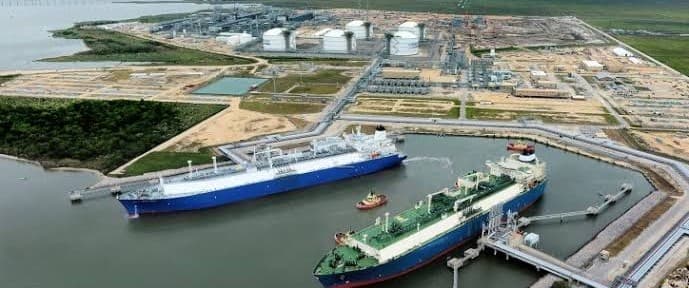Turkey’s state energy company, BOTAS, has signed a landmark 20-year U.S. LNG supply agreement with Mercuria, anchoring Ankara’s strategy to reduce dependency on pipeline gas and reposition itself as a regional hub, according to the Daily Sabah.
The deal, signed in New York during President Erdogan’s U.N. visit, will deliver around 4 billion cubic meters annually from 2026 onward, cumulatively totaling about 70 bcm.
A separate preliminary nine-year LNG pact was also agreed with Australia’s Woodside, calling for roughly 5.8 bcm of supply beginning in 2030, primarily sourced from the company’s Louisiana LNG project.
The Mercuria contract is structured with flexibility in delivery, allowing cargoes to be shipped either at U.S. loading terminals or regasification points in Turkey, Europe, and North Africa, Turkish media noted, with Turkish officials describing the agreements as both insurance against future pipeline risk and an essential foundation for a gas trading hub that can serve Southeast Europe and the Balkans.
Ankara has already invested heavily in floating storage regasification units at Dörtyol and Saros and expanded underground storage at Silivri and Tuz Gölü. These facilities give Turkey the capacity to absorb rising LNG inflows and to arbitrage flows between U.S., Australian, and Middle Eastern producers on one side and European buyers on the other.
The shift is being closely watched in Moscow.
For years, Russia relied on Turkey not only as a major customer but also as a transit state for flows through TurkStream into southern Europe. Long-term U.S. and Australian LNG contracts erode that role, raising the risk of lost market share for Gazprom and weakening Russian leverage at a time when European demand for pipeline gas is already shrinking.
By Charles Kennedy for Oilprice.com
More Top Reads From Oilprice.com

